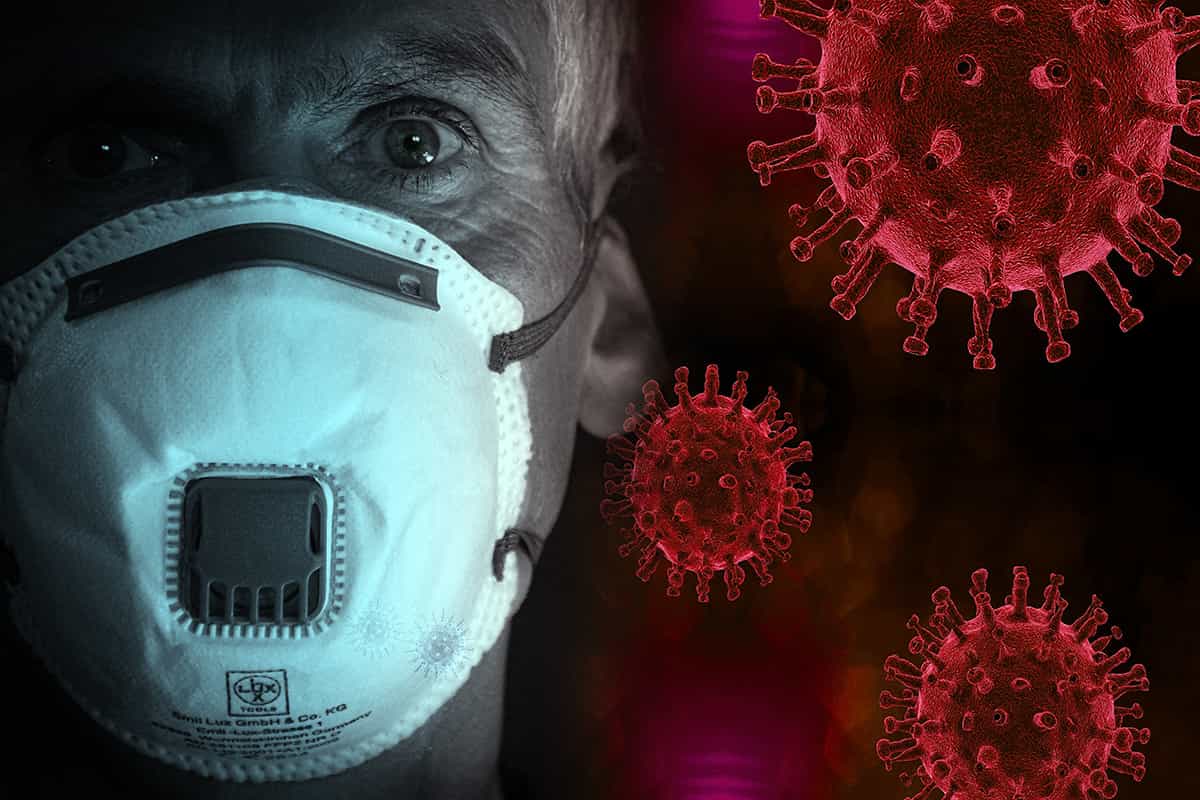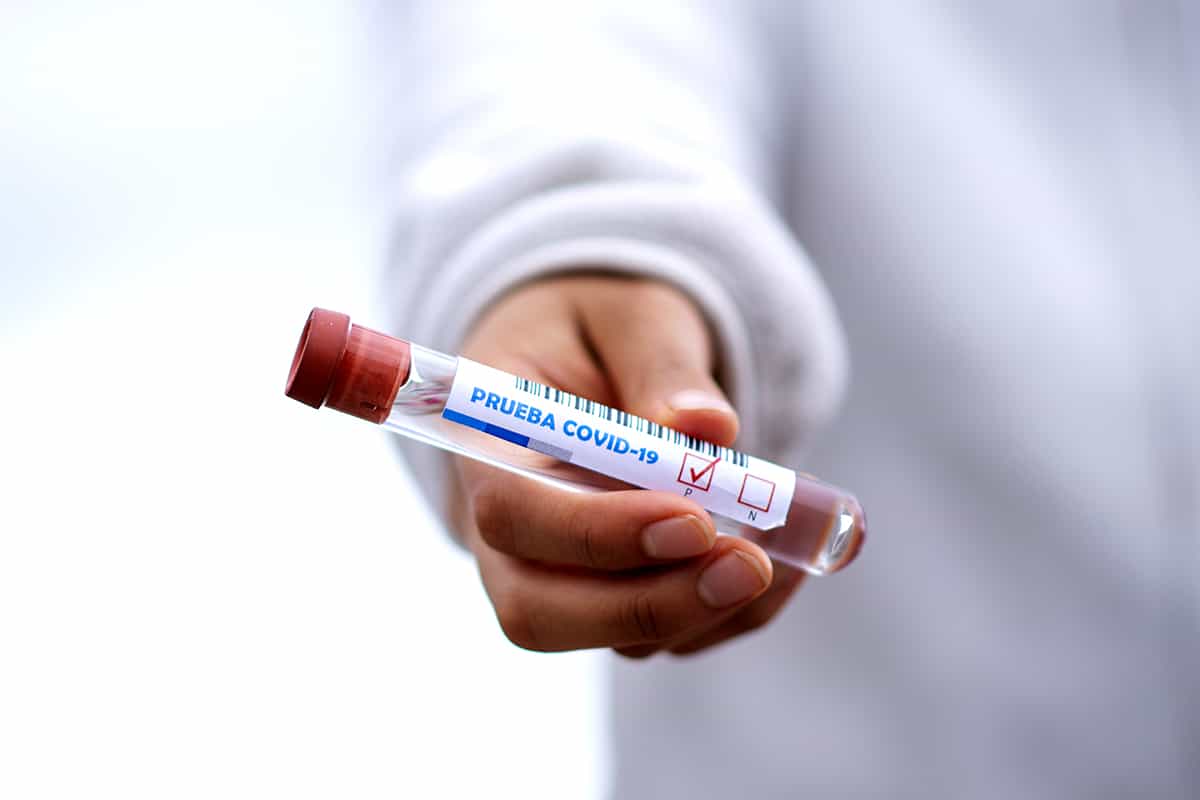Urging researchers, scientists and the media to be “cautious about amplifying unproven claims that tobacco or nicotine could reduce the risk of COVID-19”, the World Health Organisation on May 11 issued a statement saying there is “insufficient evidence to confirm any link between tobacco or nicotine for prevention or treatment of COVID-19”.
WHO’s position
“A review of studies by public health experts convened by the WHO on 29 April 2020 found that smokers are more likely to develop severe disease with COVID-19, compared to non-smokers,” the WHO statement says.
The global health body also says: “COVID-19 is an infectious disease that primarily attacks the lungs. Smoking impairs lung function making it harder for the body to fight off coronaviruses and other diseases. Available research suggests that smokers are at higher risk of developing severe disease and death.”
Nicotine hypothesis
The statement from WHO comes in the wake of a paper published in Comptes Rendus Biologies by French researchers from leading institutions — Institut Pasteur, CNRS, and Inserm — who hypothesise that novel coronavirus binds to nicotinic acetylcholine receptor (nAChR) to cause infection.
The binding of coronavirus to nAChR receptors proposed by the authors contradicts the current understanding that the virus enters the cells by binding to receptors called the angiotensin converting enzyme 2 (ACE2).
The hypothesis is that nicotine, which is already present in the body of smokers, binds to the nAChR receptor thus preventing the novel coronavirus from binding to the receptors thereby preventing infection. “Nicotine may be suggested as a potential preventive agent against COVID-19 infection,” they write. According to them, current smoking status appears to be a protective factor against the infection by coronavirus; people who smoke are 80% less likely to get infected by coronavirus than non-smokers of the same age and sex.
In a manuscript posted in a preprint server, which is yet to be peer-reviewed and published in a scientific journal, the French authors from Hôpitaux de Paris, Paris say that in contrast to daily smoking rate of 25% in the French population, only 4.4% were current smokers in the inpatient group and 5.3% in the outpatient group.
“Our cross-sectional study in both COVID-19 out- and inpatients strongly suggests that daily smokers have a very much lower probability of developing symptomatic or severe SARS-CoV-2 infection as compared to the general population,” they write.
Nicotine trial
According to Reuters, French researchers are about to launch a human trial to test their hypothesis that nicotine reduces coronavirus infection. The trial will involve healthcare workers and patients wearing nicotine patches or a dummy. The trail will investigate whether those wearing nicotine patches are able to stay infection-free.
Smokers at higher risk
Reviewing the evidence on severity and mortality risks caused by COVID-19 in patients with chronic obstructive pulmonary disease (COPD), a paper published in PLOS ONE on May 11, found that current smokers were 1.45 times more likely to have severe complications from COVID-19 compared with former and never smokers. Current smokers also had a higher mortality rate of 38.5%.
Reviewing 15 studies that included 2,473 COVID-19 patients, the PLOS ONE study researchers found the prevalence rate of smokers in COVID-19 cases was 9%. “Effective preventive measures are urgently required to reduce COVID-19 risk on COPD patients and current smokers,” they write.
Read More









One thought on “Nicotine may not prevent coronavirus infection, WHO cautions”